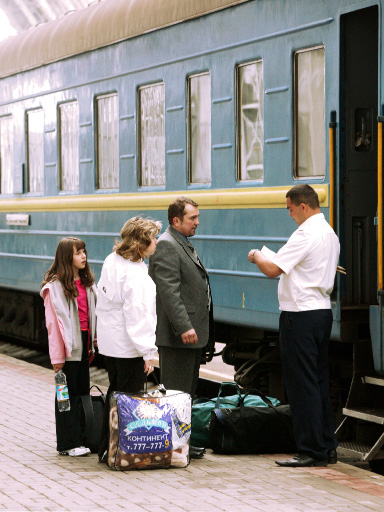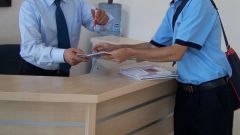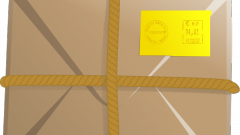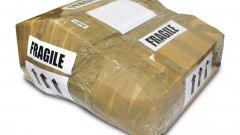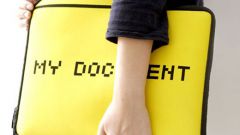Instruction
1
First, select the appropriate train. Consider the time of departure and arrival to the receiving parcel did not have to go to the station in the night or early morning. Better with this person to communicate and work together to decide on the time.
2
Next you need to prepare the parcel. Better to send a package in the package - so the conductor can safely open and make sure that in the package there are no drugs, no weapons or other prohibited items.
3
Cook together with sending a piece of paper where you write the recipient information, such as name and surname, contact number or some code word. This is the case, if the conductor forgets certain details, but it certainly will happen.
4
Be sure to note the number of a train, or even write down on a piece of paper is more reliable. With the names of the stations of departure and arrival you can get confused, and you know the train number, you will not go wrong.
5
Go at the right time to the station. Try to arrive early – 10 minutes before arrival. So you can hear when they announce the arrival of the train on which platform you go.
6
Waiting for the arrival of the train, looking for the car and the conductor. If a train is at your station will stand 30-40 minutes, you will have enough time to deal with one of the conductors. Otherwise, we must act quickly. Search for free at the moment conductor not engaged in checking the documents of passengers and ask them to pass the parcel. If the parcel is not picked up, no problem – go to the next conductor.
7
About the payment. On average, for transferring small envelope with the documents you need to pay about 100 rubles. If you have a medium-sized package that could reach 200-250 rubles.
8
Then ask, what is the name of the conductor, note the number of the car and just in case write on a piece of paper universal number. It is usually written on the side of the wagon with paint, and this room looks like this: 095 65652. This knowledge will not be superfluous.
9
You can now leave the station to call the recipient of the parcel and to report any data about the train and the conductor. Your friend is only to come at the right time to the station and pick up the parcel.
Note
Remember, there is a risk of losing the parcel, trusting her to a stranger.
Useful advice
A definite plus of this method of transmission of parcels is its cheapness and speed of dispatch.
